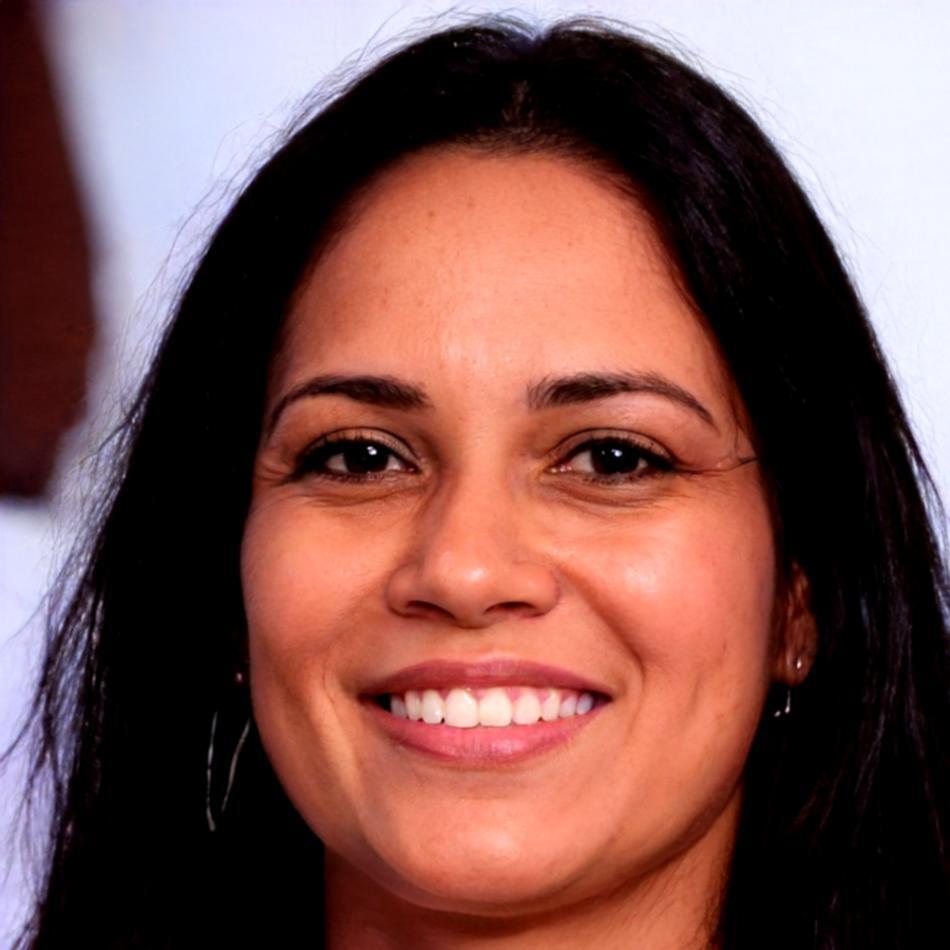Building Financial Skills That Launch Real Businesses
Most people think about starting something. But here's the thing—thinking doesn't pay bills. We teach Australian entrepreneurs how to manage money, pitch investors, and actually make decisions that keep a business breathing past year two.
Explore Our Programs
The Learning Path That Actually Makes Sense
We broke down what you need into chunks you can handle. Start with understanding cash flow, then move into funding strategies, and eventually into scaling operations. Each module builds on what came before.
Foundation Module
You can't run a business if you don't understand where money comes from and where it goes. This covers budgeting basics, expense tracking, and financial statements that won't make your eyes glaze over.
- Reading profit and loss statements
- Building realistic budgets
- Managing operational cash flow
- Setting financial benchmarks
Capital Strategy
Getting funding is tricky. We teach you how to approach banks, prepare for investor meetings, and understand what equity really costs. Plus how to decide if bootstrapping makes more sense for your situation.
- Preparing investor presentations
- Understanding loan structures
- Equity vs. debt decisions
- Negotiating terms that work
Growth Planning
Once you're making money, the question becomes: what next? This module digs into expansion planning, hiring decisions, and when to reinvest profits versus taking them out of the business.
- Scaling operations responsibly
- Hiring and payroll planning
- Market expansion analysis
- Risk assessment frameworks
Financial Basics
(Months 1-2)
Funding Strategy
(Months 3-5)
Operations Management
(Months 6-8)
Business Expansion
(Months 9-12)
Projects That Taught Us Something

Retail Startup Funding
Helped a Melbourne retailer prepare their pitch deck and financial projections for seed funding. They needed to show investors how inventory management would work and what unit economics looked like. Took three months of reworking numbers.
| Challenge | Approach | Result |
|---|---|---|
| Unclear cash flow model | Built 24-month projections | Secured initial funding |
| Weak investor narrative | Restructured pitch focus | Positive investor response |
| Inventory cost uncertainty | Developed supplier analysis | Realistic pricing model |

Service Business Expansion
A Brisbane consulting firm wanted to hire more staff but wasn't sure if their margins could support it. We analyzed their client contracts, project costs, and built a hiring roadmap that matched their revenue growth.
| Issue | Method | Outcome |
|---|---|---|
| Unknown profit per project | Project cost breakdown | Clear margin visibility |
| Unclear hiring capacity | Revenue-to-staff modeling | Phased hiring plan |
| Cash flow timing gaps | Payment term adjustments | Smoother cash cycles |
What Past Participants Actually Said

I thought I understood my business finances until I started this program. Turns out I was guessing at most things. Now I can actually explain to my accountant what I need, and I make decisions based on numbers instead of gut feelings.

The capital strategy module changed how I think about funding. I was ready to give up too much equity just to get started. Learning how to structure deals and understand what investors really want made a real difference in my negotiations.